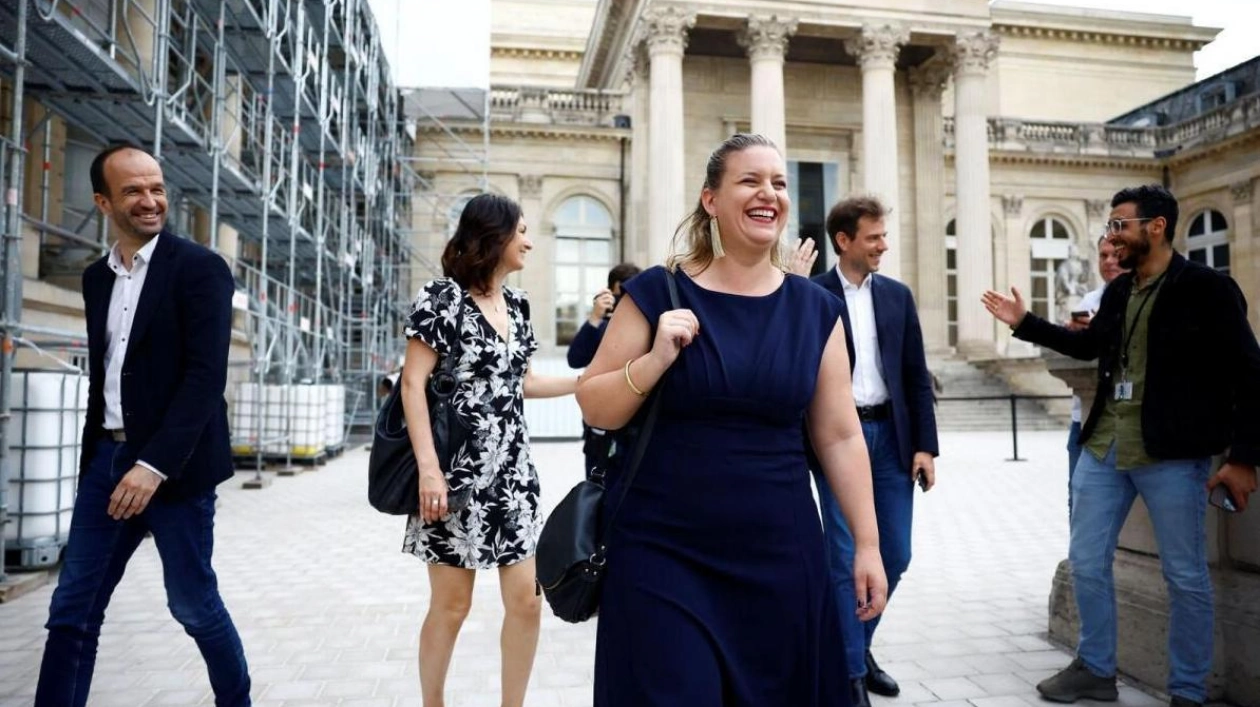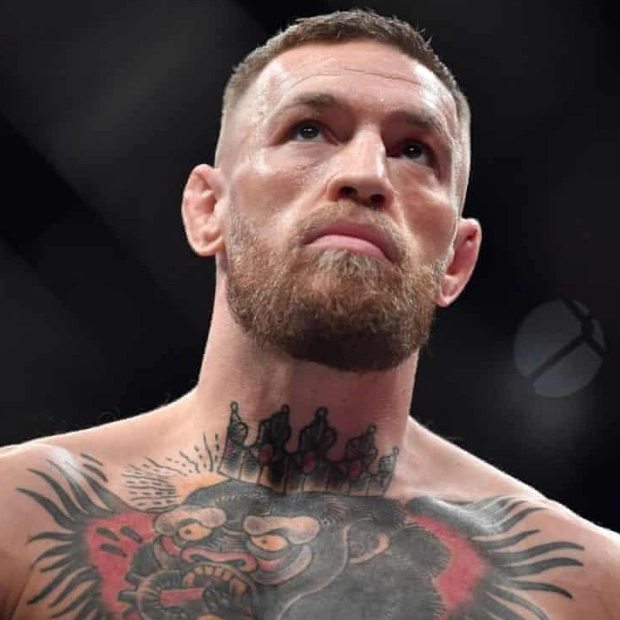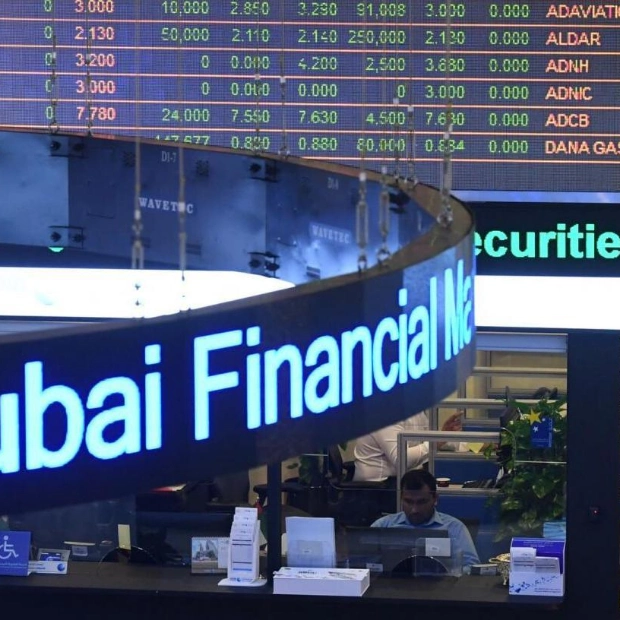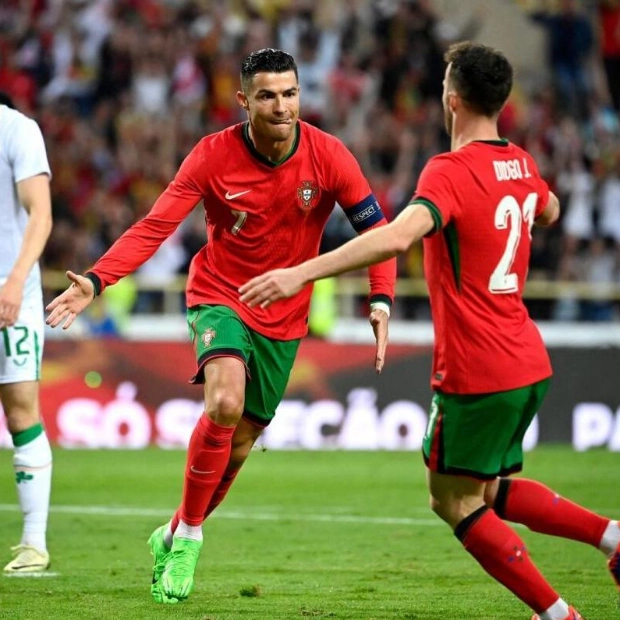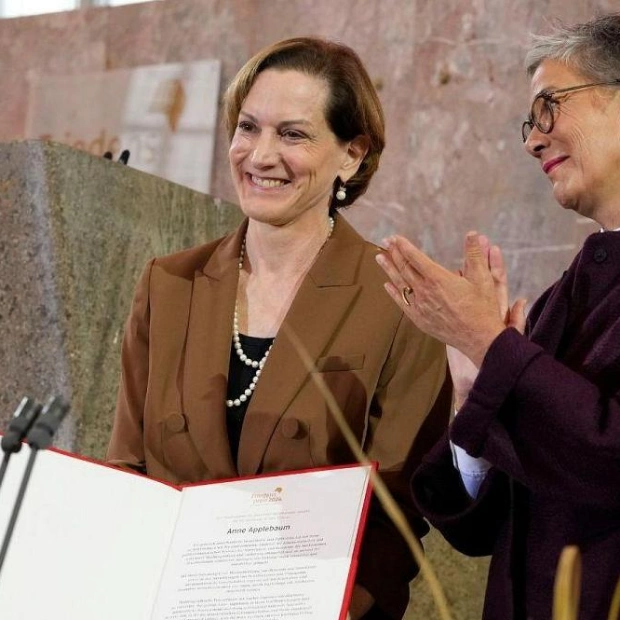On Tuesday, French political parties aimed to demonstrate their strength and consolidate alliances, as the government found itself without a clear direction following an election where no single political force secured a majority.
The left-wing New Popular Front (NFP) alliance, which had surpassed expectations to lead the polls, saw its newly elected MPs start visiting their parliamentary offices in preparation for the first session on July 18. However, the coalition of Greens, Socialists, Communists, and the hard-left France Unbowed (LFI) continues to debate over potential prime ministerial candidates and the possibility of forming a broader coalition. With a combined 193 seats out of 577 in the National Assembly, the left-leaning parties fall short of the 289 seats needed for a majority. Nonetheless, plans are in place to announce a potential prime minister by the end of the week, according to LFI leader Mathilde Panot.
In the French political system, the president selects the prime minister, who must secure a parliamentary confidence vote—a challenging task given the closely balanced political landscape. Socialist MP Boris Vallaud acknowledged the need for broader support in the National Assembly for any left-leaning government. Macron's camp secured second place in the recent vote, with 164 seats, while the far-right National Rally (RN) came in third with 143 seats. The president has maintained Prime Minister Gabriel Attal's government in the interim, anticipating potential political maneuvers that could allow him to regain momentum.
Commentator Guillaume Tabard noted in Le Figaro that there has been an institutional shift, with the onus now on the newly elected National Assembly to propose a solution. The left parties' MPs are set to enter parliament at various times, reflecting ongoing divisions. The Socialists are seeking additional members to gain influence over the alliance's direction, while Macron's supporters are considering the Socialists and Republicans as potential coalition partners.
Stephane Sejourne, head of Macron's Renaissance party, emphasized in Le Monde that no leading bloc can govern alone and that the centrist bloc is open to discussions with all republican spectrum members, provided they support the EU, Ukraine, and business-friendly policies. These conditions, he warned, preclude the LFI and its leader Jean-Luc Melenchon.
Market attention is focused on France, the EU's second-largest economy, with Moody's warning of a potential credit downgrade if future government policies reverse Macron's controversial 2023 pension reform. Politicians are also looking ahead to the next electoral cycle, with Macron ineligible to run again in 2027, potentially opening the door for RN leader Marine Le Pen.
The RN, despite a disappointing result, has made significant gains from just eight MPs in 2017 to 143 today. Greens and LFI leaders have called for the RN to be excluded from key parliamentary roles, a stance criticized by RN representative Thomas Menage as anti-democratic. Meanwhile, Macron is set to attend a NATO summit in Washington, where he may need to reassure allies of France's stability.
